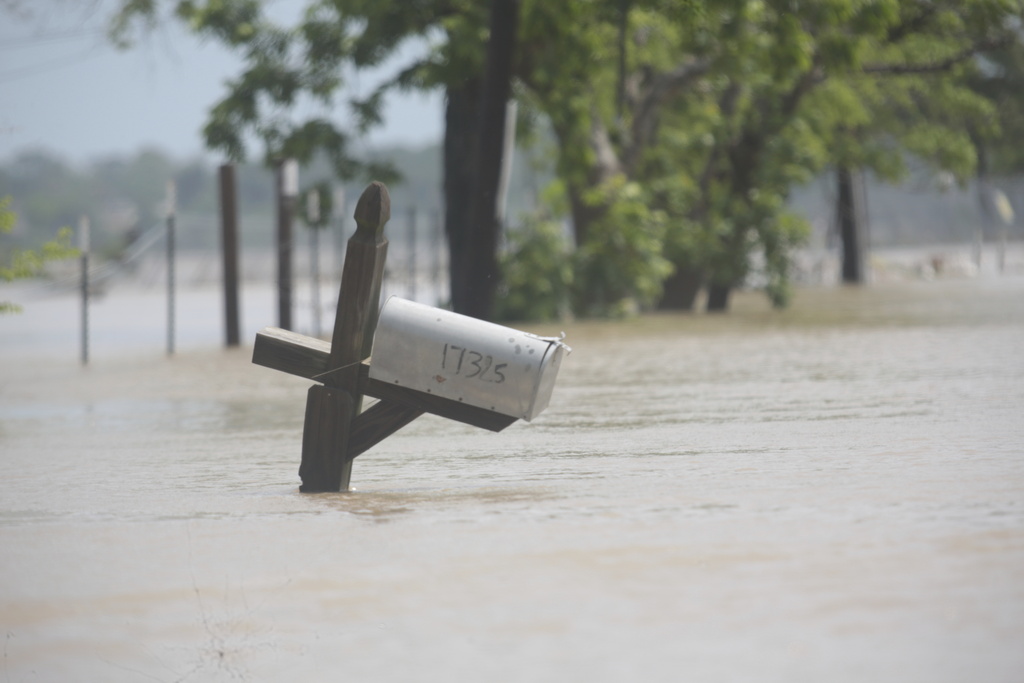Prime Minister Benjamin Netanyahu's office said that the proposal was "far from Israel's essential demands," but that it would nonetheless send negotiators to continue talks on a cease-fire agreement.
Hours earlier, Israel ordered some 100,000 Palestinians to begin evacuating the southern Gaza town of Rafah, signaling that an attack was imminent. The United States and other key allies of Israel oppose an offensive on Rafah, where around 1.4 million Palestinians, more than half of Gaza's population, are sheltering.
Palestinians in Rafah erupted in cheers after the Hamas announcement it had accepted a cease-fire deal, hoping it meant the invasion would be averted.
"We examine every answer and reply very seriously," Israeli military spokesman Rear Adm. Daniel Hagari said of the Hamas response. But, he added, Israel's military operations would continue in the meantime. An official familiar with Israeli thinking said the plan approved by Hamas was not the framework Israel proposed.
President Joe Biden spoke with Prime Minister Benjamin Netanyahu and reiterated U.S. concerns about an invasion of Rafah, telling him a cease-fire was the best way to protect the lives of Israeli hostages, according to a National Security Council spokesperson, speaking on condition of anonymity to discuss the call before an official White House statement was released.
U.S. State Department spokesman Matthew Miller said American officials were reviewing the Hamas response "and discussing it with our partners in the region." An American official said the U.S. was examining whether Hamas agreed to a version of the deal that had been signed off on by Israel and international negotiators or something else.
Details of the proposal have not been released.
Israel says Rafah is the last significant Hamas stronghold in Gaza, and Netanyahu said Monday that the offensive against the town was vital to ensuring the militants can't rebuild their military capabilities.
But he faces strong American opposition. After the Israeli evacuation order was issued, Miller said the U.S. has not seen a credible and implementable plan to protect Palestinian civilians. "We cannot support an operation in Rafah as it is currently envisioned," he said.
Israeli military leaflets were dropped ordering evacuation from eastern neighborhoods of Rafah, warning that an attack was imminent and anyone who stays "puts themselves and their family members in danger." Text messages and radio broadcasts repeated the message.
The military told people to move to an Israel-declared humanitarian zone called Muwasi, a makeshift camp on the coast. It said Israel has expanded the size of the zone and that it included tents, food, water and field hospitals.
It wasn't immediately clear, however, if that was already in place.
The war was sparked by the unprecedented Oct. 7 raid into southern Israel in which Hamas and other militants killed around 1,200 people, mostly civilians, and abducted around 250 hostages. After exchanges during a November cease-fire, Hamas is believed to still hold about 100 Israelis as well the bodies of around 30 others.







